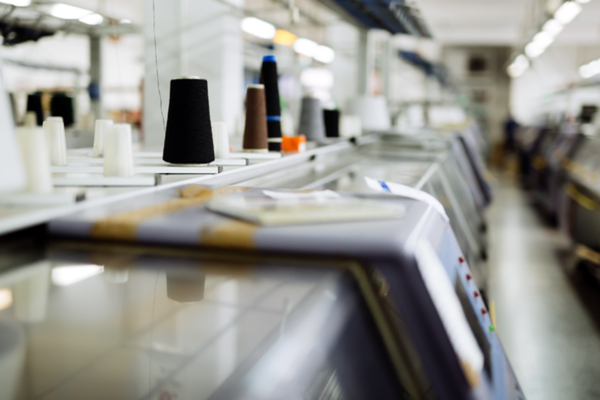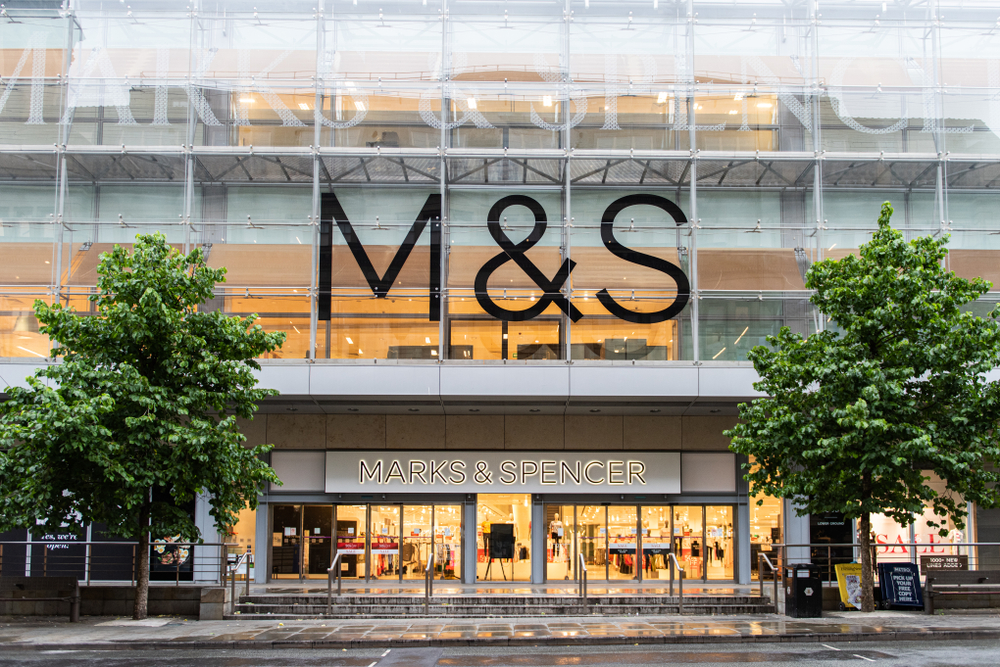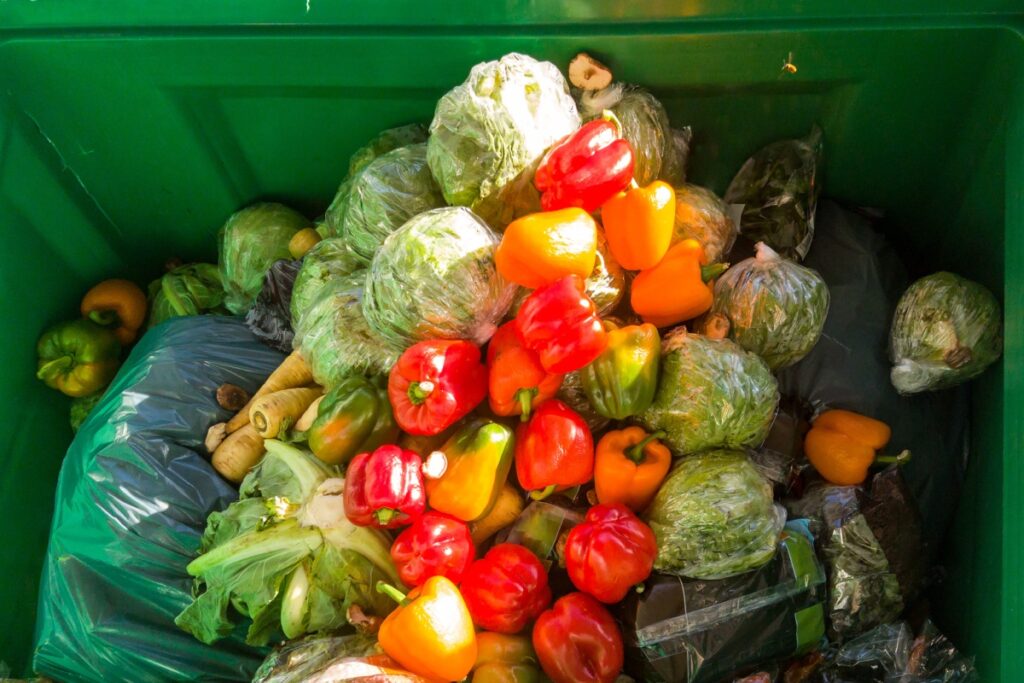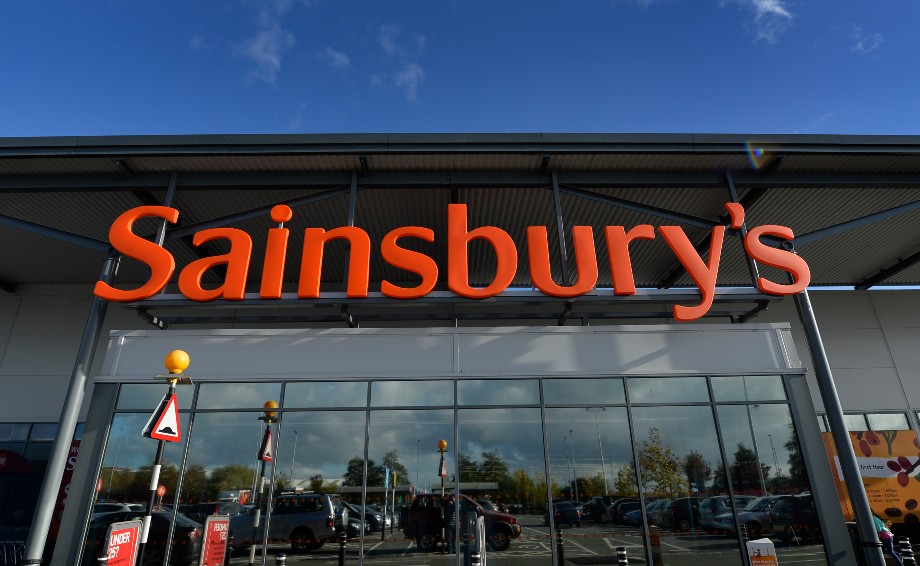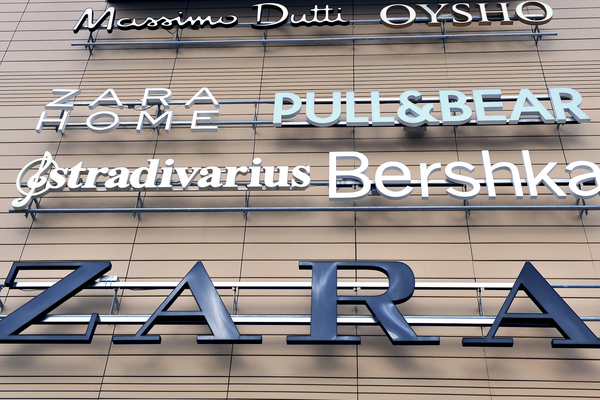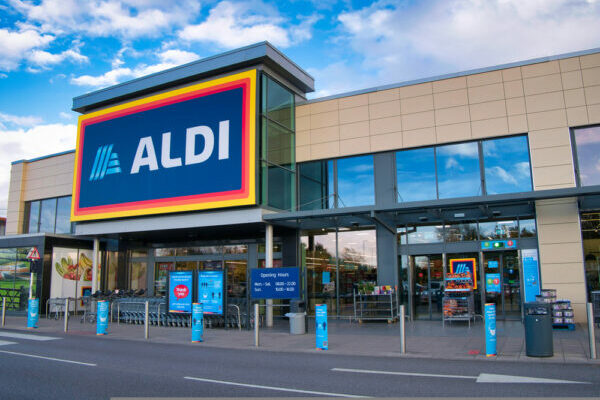// Retailers called to stop sourcing clothes from factories in Xinjiang, China after forced labour concerns
// The factories have been accused of holding a million Uighurs and other Muslims in detention centres
Retailers have been criticised for sourcing their clothes from factories in Xinjiang, China, which was recently accused by the UN for holding at least a million Uighurs and other Muslims in detention centres.
Xinjiang has denied mistreatment and said the camps offer vocational training and help to fight terrorism and extremism.
While the US has hit senior Chinese officials with sanctions over alleged rights abuses against the Uighurs, the UK has also condemned their treatment.
READ MORE:
- Will Boohoo’s young customers overlook the modern slavery scandal?
- Coronavirus: Fashion retailers urged to protect garment workers
While most fashion brands do not source from factories in Xinjiang, many of their supply chains source cotton picked by Uighurs that is exported across China and used by other suppliers.
Over 80 per cent of China’s cotton comes from northwestern Xinjiang, which is home to about 11 million Uighurs.
A spokesperson for the Chinese embassy in the US responded to the accusations of forced labour in Xinjiang by calling them “both false and malicious”.
Meanwhile, the Thomson Reuters Foundation sent questions to over 30 leading global retailers about their supply chains in China, and almost all of the brands declined to respond directly to the questions.
However, most of them said they had anti-forced labour policies and required their suppliers to comply with a code of conduct.
Among the companies to have responded were Gap, Patagonia and Zara-owner Inditex – all of which said they did not source from factories in Xinjiang, but could not confirm that their supply chain was free of cotton picked from the region.
Muji said it used cotton from Xinjiang but there was “no evidence of accusations of forced labour”.
Meanwhile, Calvin Klein and Tommy Hilfiger owner PVH said it would cut ties with any factories or mills that produce fabric or use cotton from Xinjiang within a year.
Better Cotton Initiative (BCI) said in March it would no longer license so-called Better Cotton from Xinjiang.
IKEA and H&M, which use BCI to source cotton, have previously said they would no longer source from there.
Click here to sign up to Retail Gazette’s free daily email newsletter

